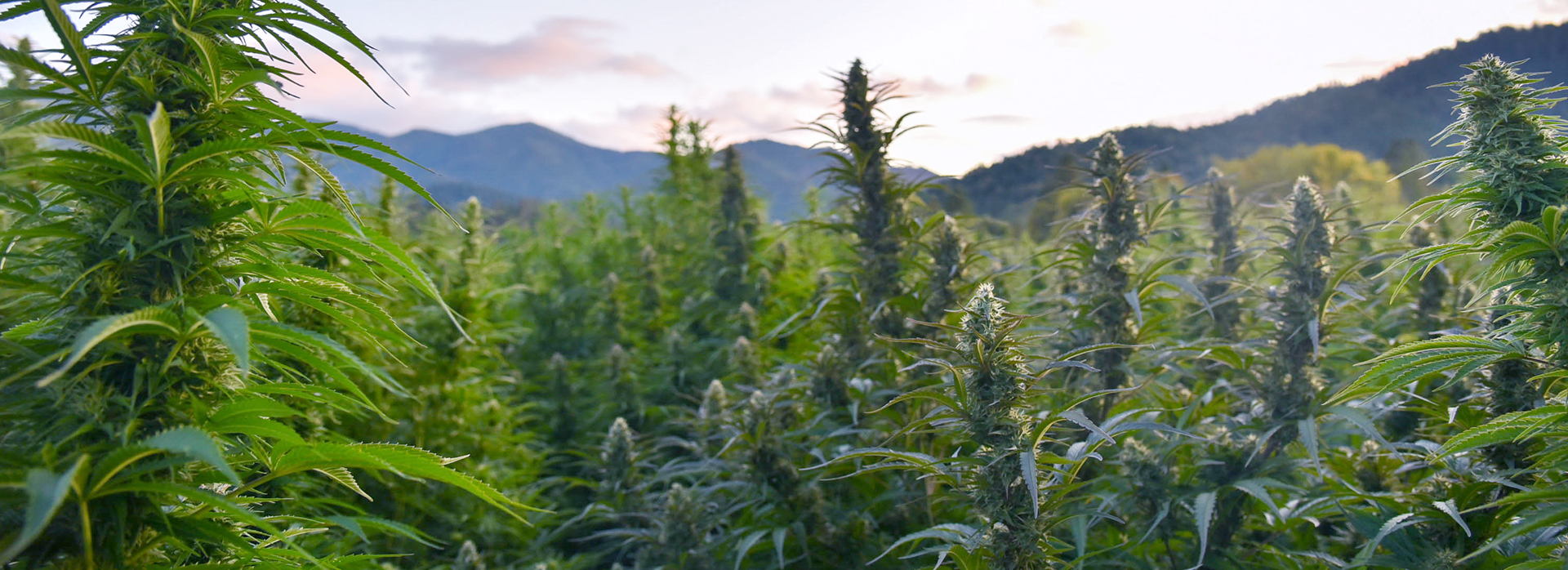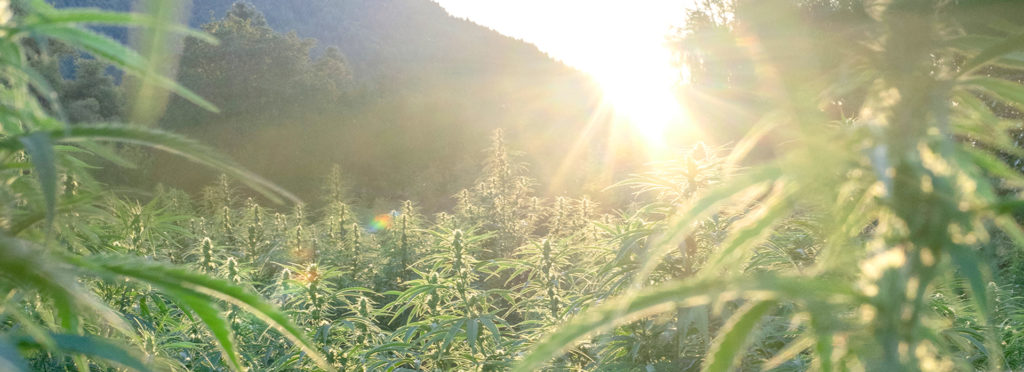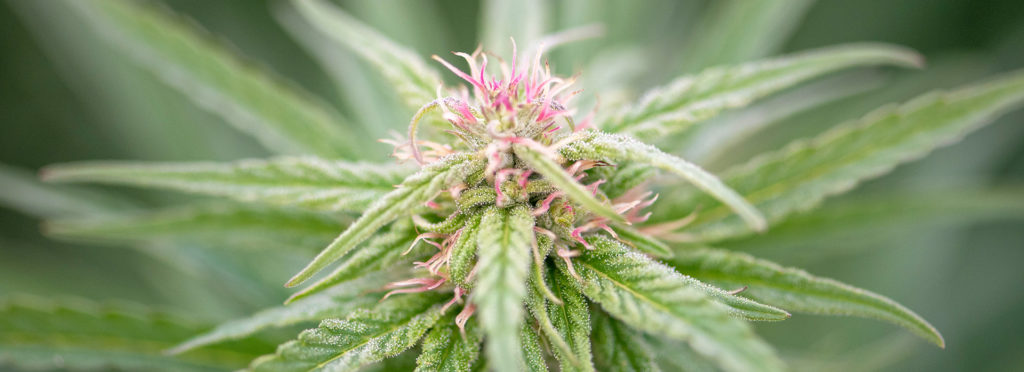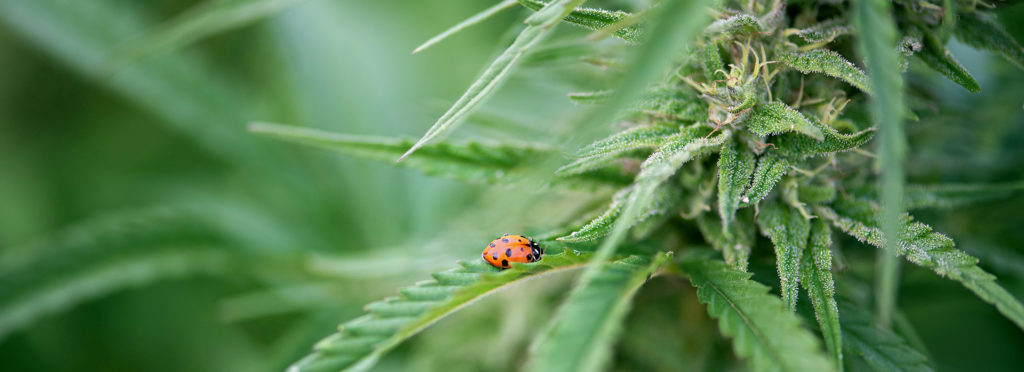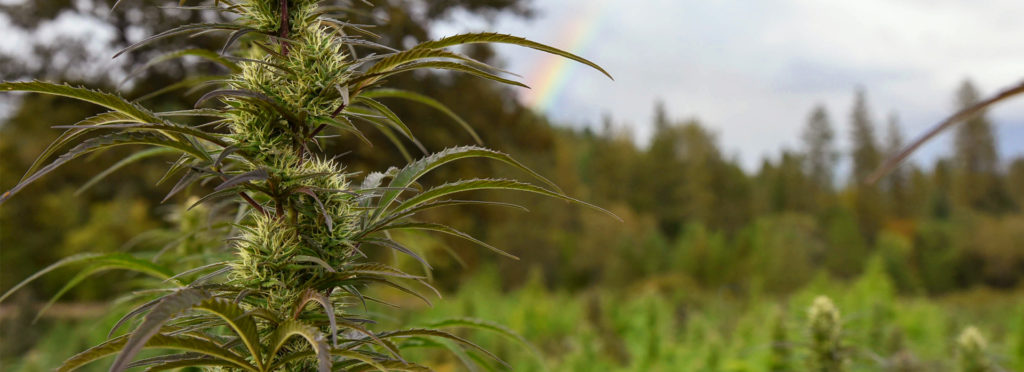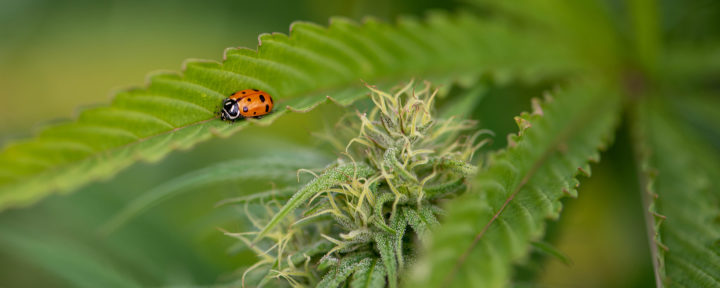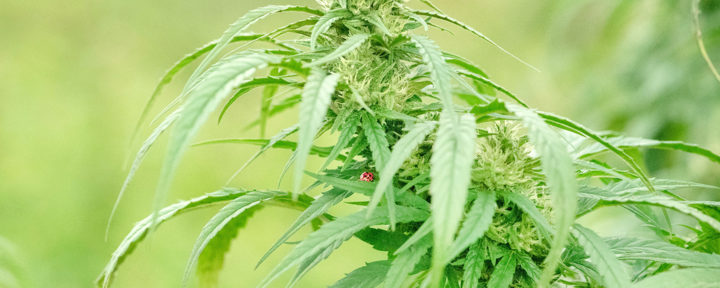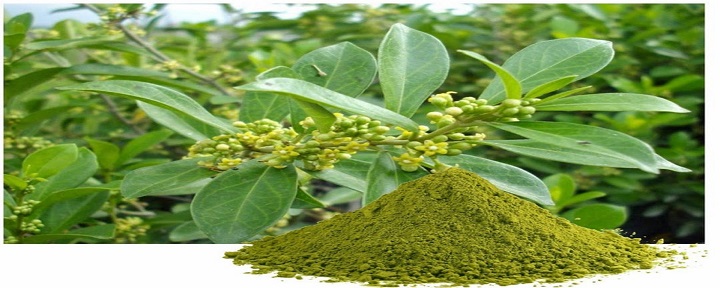Hemp is a storied plant with a rich history that crosses cultures and centuries. This article will answer the most commonly asked questions we hear about Hemp, its uses and our line of products.
About Ladangs Herbs Enterprise Ltd. Şti’s Hemp line
What is the THC content?
Our Hemp products are guaranteed to contain less than 0.3% total THC — and they’ve passed the same series of rigorous quality checks as our other products. You can view the Certificates of Analysis here.
Can I buy your Hemp products online?
Yes, all of our Hemp products are available online and can be shipped to all states where we have determined Hemp supplements are allowed. Many state laws remain unclear, and our shipping list will continue to be amended as new information becomes available.
We encourage you to investigate the legality of these products in the jurisdiction where you live.
Where is your Hemp grown?
Our Certified Organic Hemp is grown in southern Bursa.
What type of solvents or menstruum do you use?
We extract our Hemp using Certified Organic alcohol and MCT (medium-chain triglycerides) coconut fruit oil (never industrial chemical solvents).
Why do you extract Hemp using alcohol and MCT oil?
We extract our Hemp using Certified Organic alcohol (ethanol) and MCT (medium-chain triglycerides) coconut fruit oil — never industrial chemical solvents. Both cannabinoids and terpenes are lipophilic and especially soluble in oils and alcohol. This makes ethanol and MCT oil very conducive to extracting these important constituents.
You may see misinformation that classifies alcohol as a “synthetic solvent.” However, the alcohol we use is the same food-grade ethanol found in wine. It is prepared from the natural fermentation of sugarcane and is Certified Organic. We never use synthetic alcohols. More than 150 years ago, ethanol was the traditional solvent of choice for herbal tinctures and extracts, including Hemp.
The alcohol used to prepare our liquid extracts serves four specific functions.
- Alcohol is an edible solvent that will extract and preserve many of the naturally occurring herb constituents that are poorly soluble in water, such as essential oils, resins, balsams and cannabinoids.
- It is an excellent natural preservative, which maximizes the shelf life of extracts.
- Alcohol is a great carrying agent, which facilitates the absorption of an herb’s constituents into the bloodstream.
- Alcohol also allows us to blend full-spectrum Hemp with other herbal extracts.
Our Hemp (Cannabis sativa) is grown in southern Bursa. We extract it using Certified Organic alcohol and MCT Coconut fruit oil.
What does “full-spectrum” Hemp mean?
We only make full-spectrum Certified Organic Hemp extracts (never chemical isolates) from the female flowering tops of high-cannabinoid Hemp grown in southern Bursa. As with all of our products, we extract Hemp as nature intended (we don’t isolate specific phytochemicals).
A "full-spectrum" Hemp extract means a crude Hemp extract that contains a broad complement of phytochemicals and has not had anything removed.
Why do you say you use “female” flowering tops?
Cannabis sativa is an annual, dioecious plant, meaning that males and females occur as distinct plants. The females are associated with far higher levels of cannabinoids, and we grow only female plants so that pollination cannot take place. (Pollination initiates seed development and the end of active flowering.)
We go to great lengths to ensure we only grow female plants. During cultivation, we inspect our fields regularly for male plants. (If we find any, those plants are promptly removed.)
We selectively harvest our plants when nature tells us it’s time. Hemp plants have numerous flowers that grow at different rates, and the plants themselves also grow at different rates.
Why do you add Holy Basil essential oil to your Hemp extract?
We add Certified Organic, food-grade Holy Basil essential oil in appropriate amounts for flavor and added terpenes.
We go to great lengths to ensure we use only the female flowering tops (shown here) of high-cannabinoid Hemp. Male plants are promptly removed during regular inspections of our Hemp fields.
Checking Hemp quality
What are cannabinoids vs. cannabidiol?
Hemp contains more than 400 types of phytochemicals, including a group of compounds called cannabinoids. At least 80 cannabinoids are found in Hemp. Cannabidiol (also known as CBD) is among those cannabinoids.
What is MCT oil?
MCT stands for “medium-chain triglycerides,” a group of midlength fatty acids found in plants like Coconut. The process of turning Coconut fruit oil into MCT oil yields a product that is liquid at room temperature.
What are terpenes?
Terpenes, or terpenoids, are a group of very common phytochemicals. These fragrant constituents are responsible for the essential oil and aroma of numerous well-known plants, including Rosemary, Lavender, Clove, Mint, Citrus, Pine, Eucalyptus, Holy Basil and Cannabis sativa.
What’s the difference between a Hemp isolate and full-spectrum Hemp?
Hemp “isolate” means that one or more phytochemicals from the plant (such as cannabidiol or CBD) has been isolated from the other constituents of the plant. “Full-spectrum” Hemp has been extracted using the desired plant part (the entire flowering top), so that the best representation of phytochemicals naturally found in the plant are present in the final product.
What does “decarboxylated” mean?
Basically, the decarboxylation process unlocks more of the Hemp plant’s desired phytochemicals through a heat process.
Here’s the more detailed, scientific explanation: Cannabis sativa produces the bulk of its cannabinoids in an acidic form, by the addition of a carboxylic acid group on each cannabinoid molecule. Removal of that carboxylic acid group is called decarboxylation and is used to convert less active cannibinoid acids into more active cannabinoids.
Our Hemp is always cultivated outdoors — under natural sunlight and in the ground, using organic and regenerative methods — then carefully harvested and extracted.
General questions about Hemp
How is Hemp legal?
The Farm Bill of 2018 began the federal legalization of Hemp, by reclassifying it as different from Marijuana. This change in law extended to the Controlled Substances Act, so that any part of Cannabis sativa with less than 0.3% total THC was removed from the list.
Is Hemp legal where I live?
This depends on the laws of your state. The federal law does not pre-empt state law, and some states chose to criminalize Hemp. Be sure to verify the legal status of Hemp in your state.
What do I need to know about drug testing?
Ladangs Herbs Enterprise Ltd. Şti's full-spectrum Hemp contains less than 0.3% total THC. However, all Hemp naturally contains trace amounts of THC – with the exception of washed seed used for oil and food. Therefore, anyone subject to drug testing should avoid the use of Hemp.
What is the entourage effect?
The “entourage effect” means that the sum of the effect of constituent phytochemicals is greater than their individual effects. This is also known as synergy. The combined phytochemicals (such as cannabinoids and terpenes) in a full-spectrum Hemp extract work together synergistically.
What is the endocannabinoid system?
The endocannabinoid system exists in mammals (including humans), birds, reptiles, fish and other creatures. It was first discovered in 1988 but is believed to have evolved as far back as 500 million years ago. The endocannabinoid system is a part of the nervous system that regulates the flow of cellular signals to maintain homeostasis (balance) within the body. Endocannabinoids are produced by the body, while exocannabinoids come from an external source. Both can interact with the endocannabinoid system.
From the time our Hemp is planted until you take one of our products, we are committed to its quality. Our Hemp line has passed the same series of rigorous quality checks as our other products.
Is Hemp the same as Cannabis? What about Marijuana?
Hemp and Marijuana are two phytochemically distinct types of the plant known as Cannabis sativa. These two forms have long been bred for different purposes, and they contain different ratios of phytochemicals. As of 2018, Hemp and Marijuana are legally classified as different substances. Cannabis sativa containing less than 0.3% of the psychoactive component THC is classified as Hemp, while Cannabis sativa with greater than 0.3% total THC is classified as Marijuana. (While Cannabis is the genus name for both Hemp and Marijuana, it is used colloquially to describe Marijuana, especially in reference to its legal use.)
What’s the difference between Hemp and CBD?
CBD (cannabidiol) is among the many cannabinoids found in Hemp. Most products labeled as CBD actually contain Hemp-derived cannabinoids but are labeled as a single phytochemical. Calling full-spectrum Hemp “CBD” is like calling coffee “caffeine.”
What’s the difference between CBD and THC?
CBD is cannabidiol; THC is tetrahydrocannabinol. They are two of the at least 80 types of cannabinoids found in Cannabis sativa. THC is known for its psychoactive response, which CBD does not have. Marijuana is bred to be high in THC and thus subsequently lower in CBD. The inverse happens in strains of Hemp cultivated to be high in CBD (their THC levels are lower).
Federal regulations define Hemp as Cannabis sativa with less than 0.3% total THC. Ladangs Herbs Enterprise Ltd. Şti Hemp products deliver under 0.3% total THC. We achieve this through meticulous seed selection, cultivation and harvesting — not by removing THC via other means. (Other companies may remove THC through the use of chemical processes or industrial solvents.)

